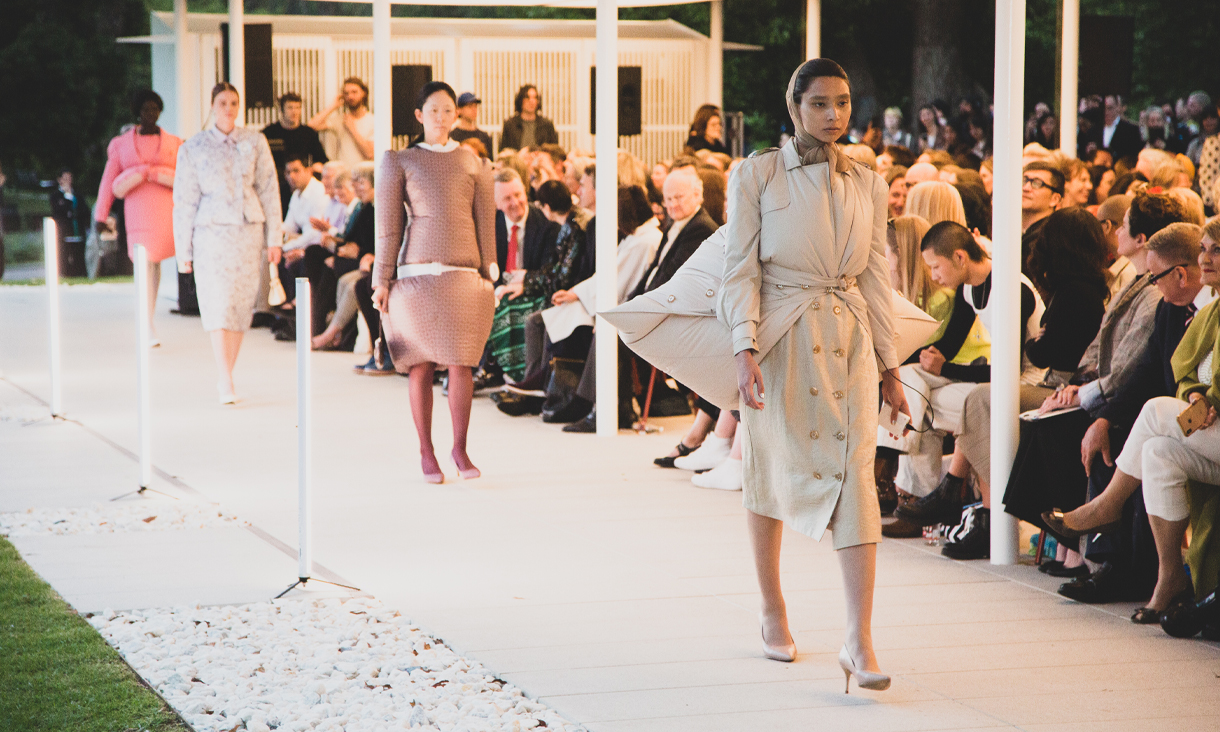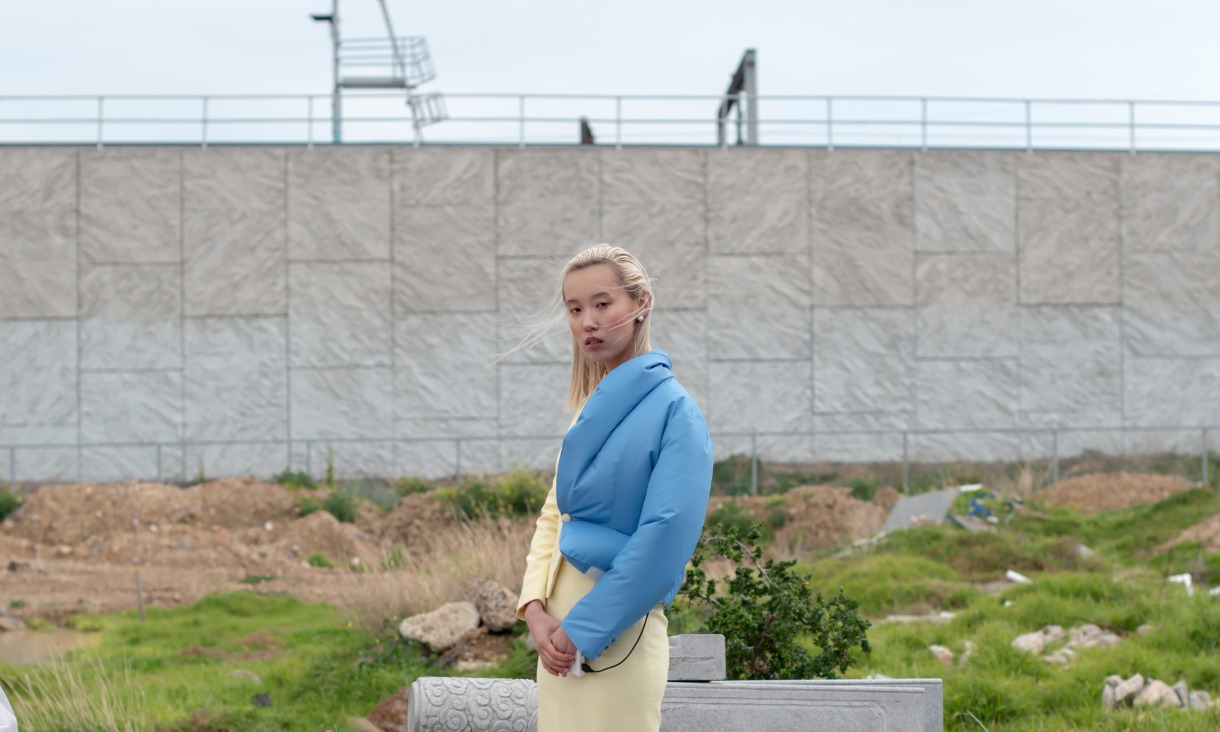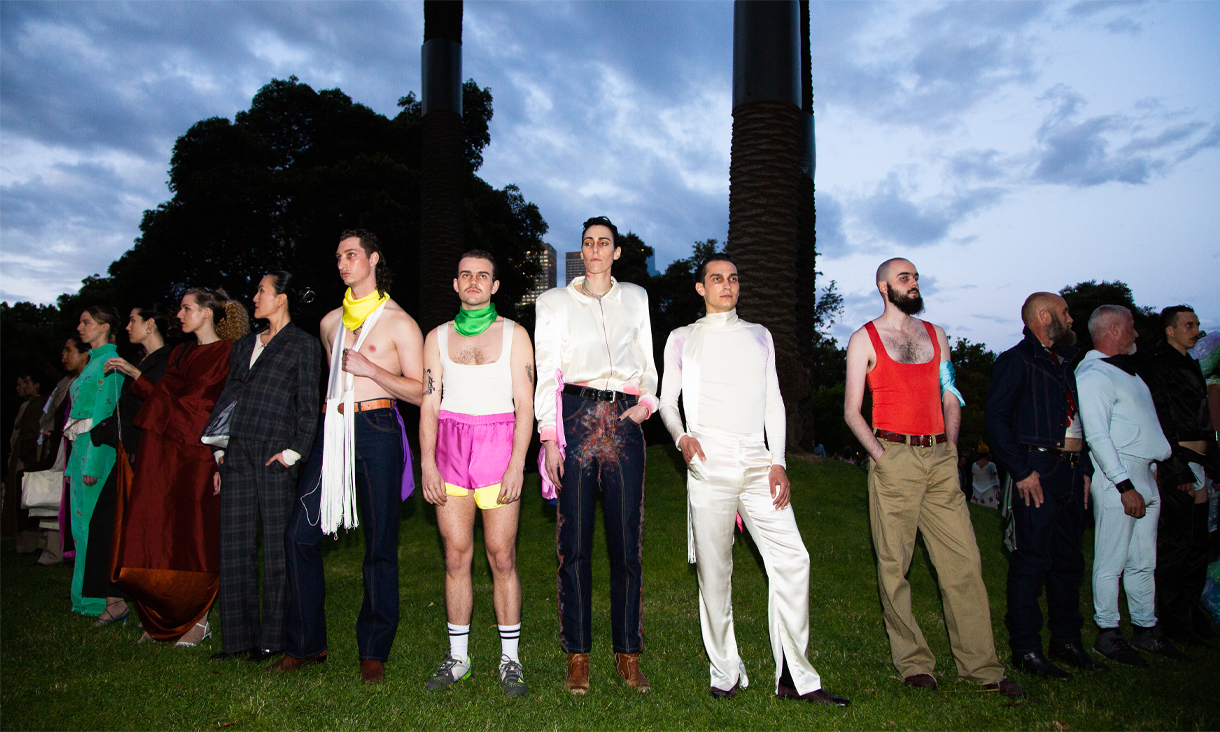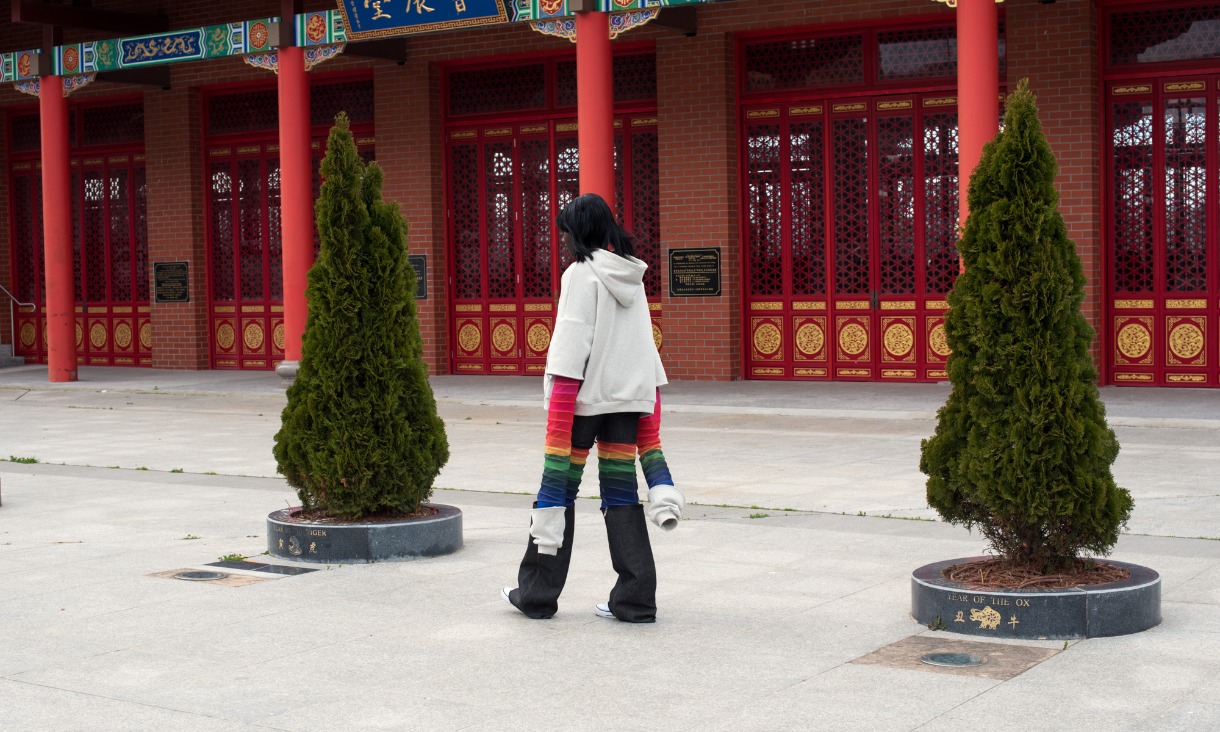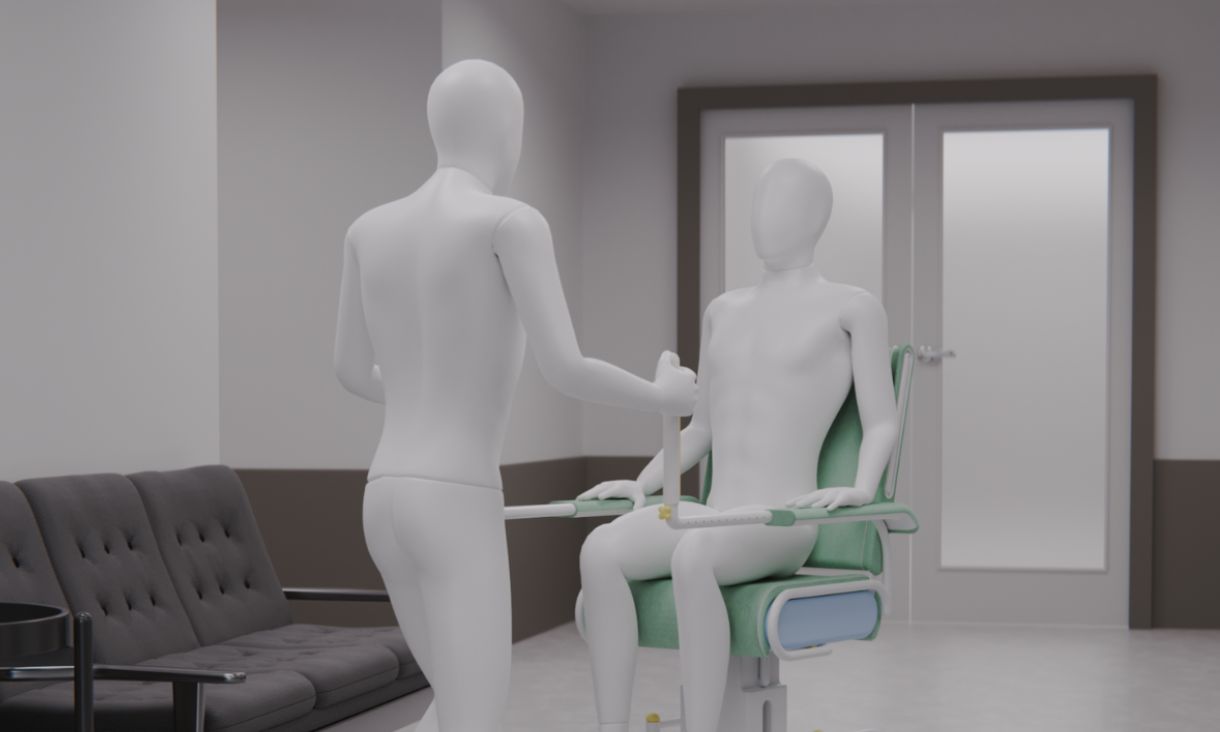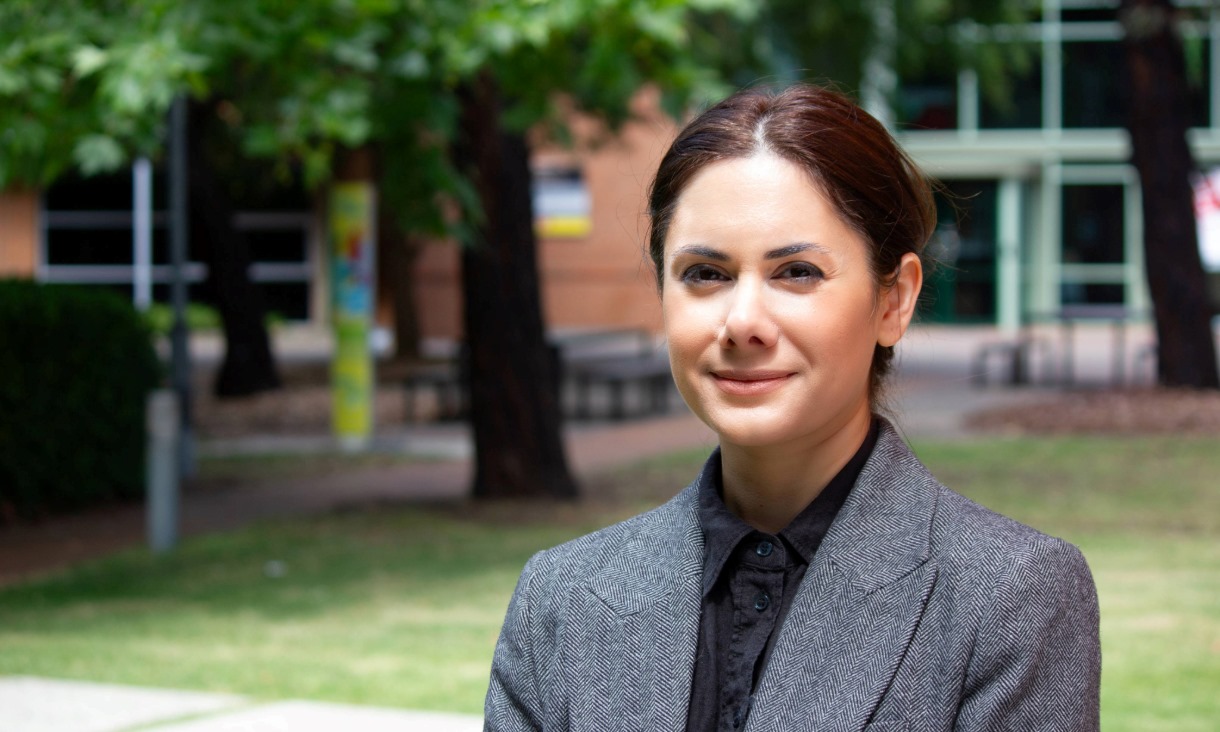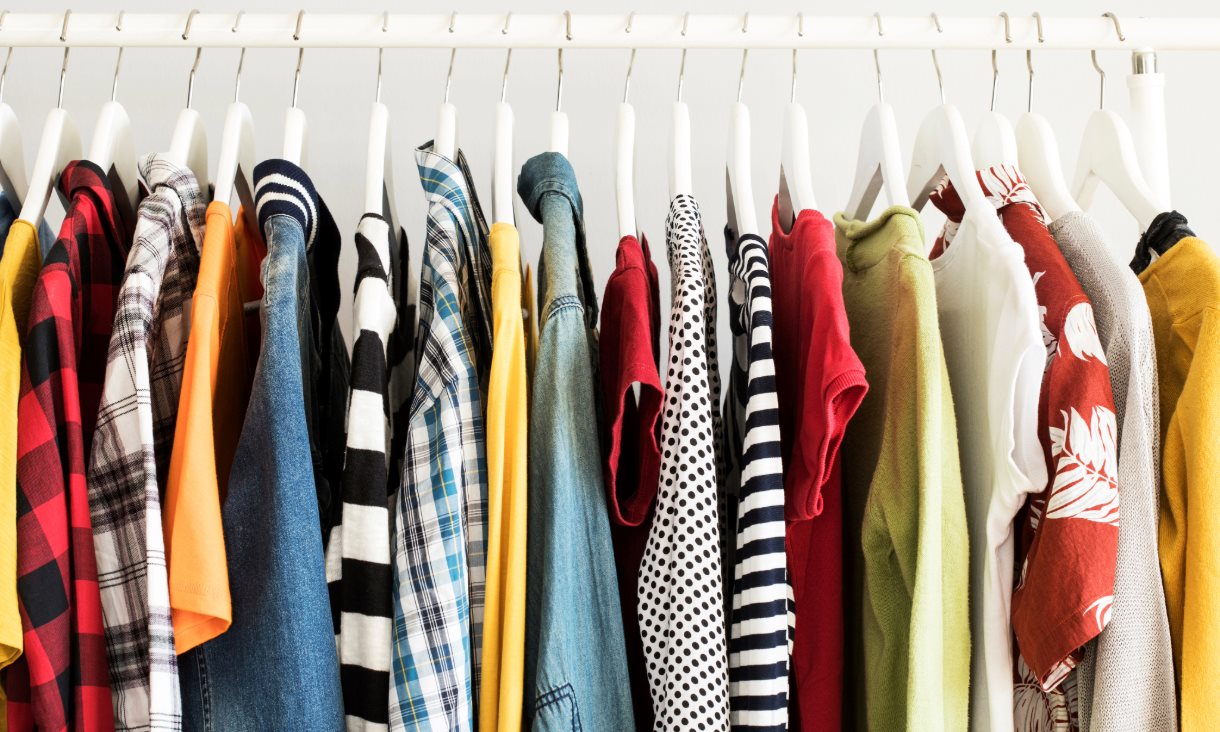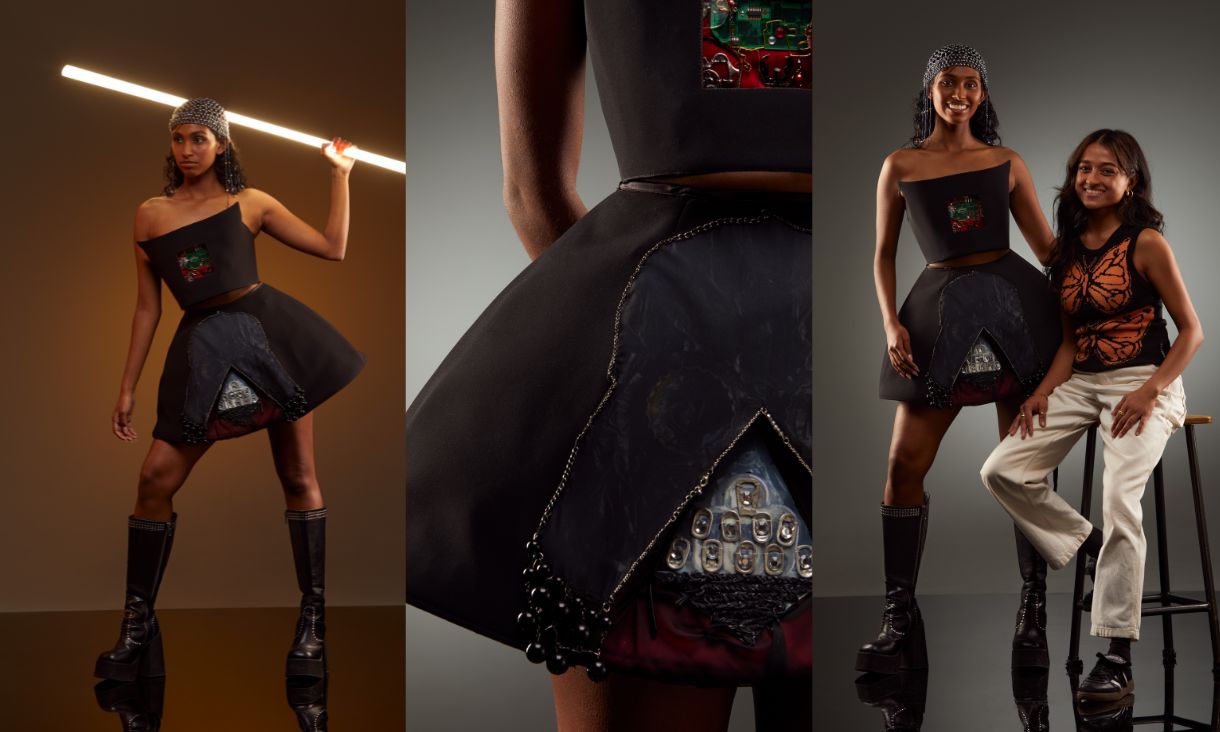RMIT success at Victorian Premier’s Design Awards
An innovative bi-directional hospital transfer chair that facilitates seamless attendant-facing transfers has won a Victorian Premier Design Award alongside recognition for a more than dozen RMIT-affiliated projects.
Study calls for city fashion waste shakeup
With most donated clothes exported or thrown away, experts are calling for a shakeup of how we deal with the growing fashion waste issue.
Age trumps gender, income and postcode for consumers' clothing habits
The first-ever nationwide study into how Australians use and dispose of clothing has revealed people are buying too many clothes and are unsure how to discard them responsibly.
Students embrace the dark side in Star Wars collaboration with Disney
RMIT vocational education students have embarked on an epic fashion journey with Disney, navigating real-world design challenges with Jedi-like focus.
